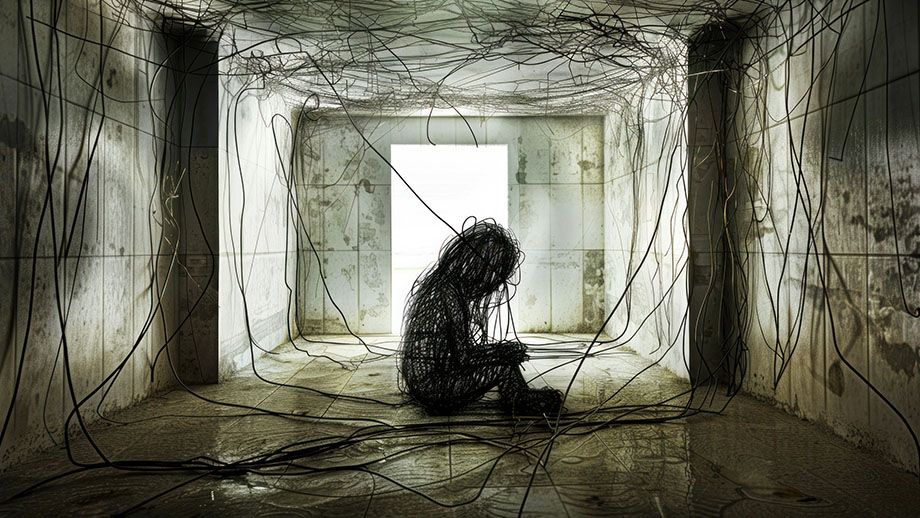
On 11th and 12th November 2024 in Blagoevgrad and Gabrovo two meetings were held to consult and validate the results of the research conducted by the Childhood 2025 Coalition – "Reasons for separation of children from their families".
The meetings were moderated by Nina Todorova from SOS Children's Villages and Antoaneta Mateeva from the Know-how Center for Alternative Care for Choldren at New Bulgarian University. The participants were 24 social workers, psychologists and managers from Centers for family-type residential accommodation for children and young people with and without disabilities and Centers for community support. They shared their experiences on the short- and long-term effects of separating children from their parents, as well as observations on crises in the lives of families, including those that are repeated and passed down through generations.
Crises can be based on social isolation, mental illness, addictions, domestic violence, untreated emotional trauma, etc. Experts shared that if parents as children were not raised with love and trust, if they themselves did not have a supportive and understanding attitude towards them from their parents, there is no way they themselves would have had the opportunity to form the necessary skills on how to be loving and caring towards their children. So the trauma is repeated and reinforced across generations. The task of the social system is to break these vicious cycles.
Separation has a great impact on the emotional state of children. They go through different stages – overt or covert rebellion against the decision, then indifference – "I don't care that they abandoned me". Finally, if the parents withdraw or are unable to maintain the relationship, apathy and indifference follow. The long-term effects of separation in children include:
Parents also experience a severe loss of contact with their child. They feel grief, disappointment, guilt. Sometimes they protest, struggle and resist, but there are also parents who withdraw into themselves – leading to behaviour that has come to be classified as parental alienation. Parents may seek solace in a new partnership and a new family. When this happens, children from previous relationships and marriages are left behind and the parent may turn their back on the emotional connection with the child who is no longer with them.